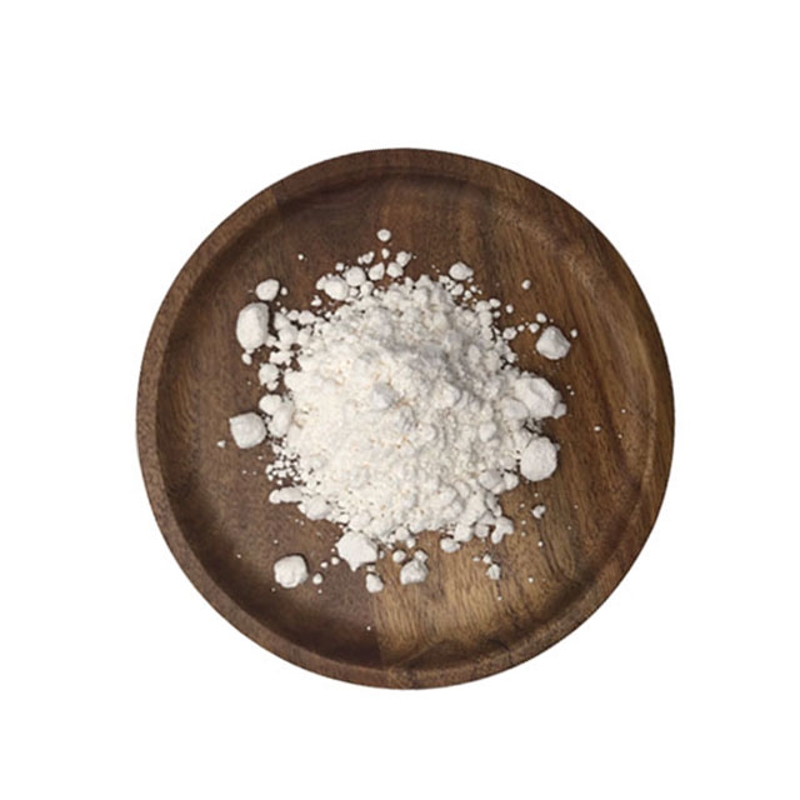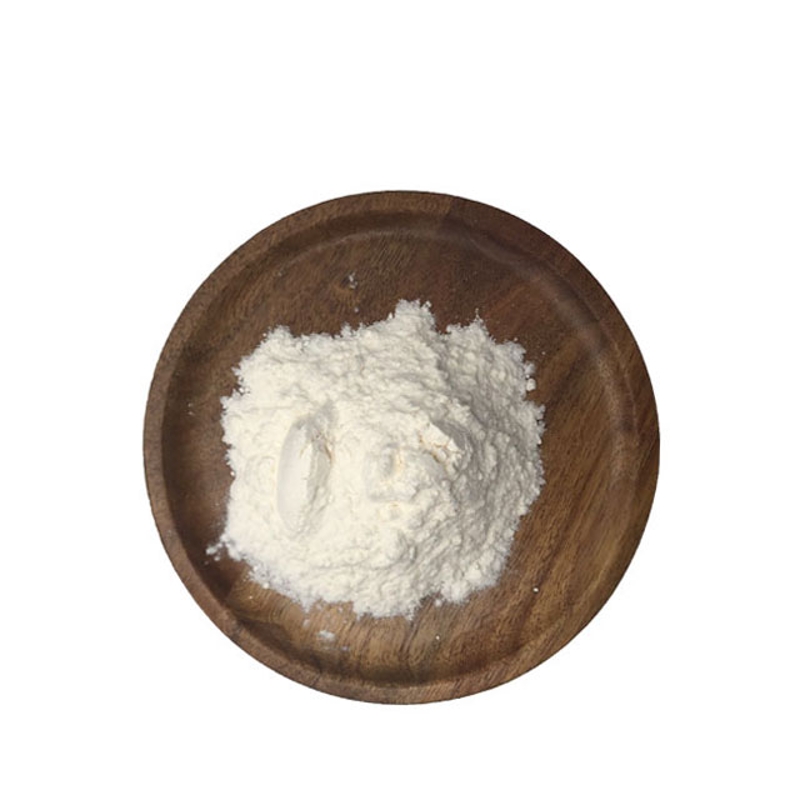-
Categories
-
Pharmaceutical Intermediates
-
Active Pharmaceutical Ingredients
-
Food Additives
- Industrial Coatings
- Agrochemicals
- Dyes and Pigments
- Surfactant
- Flavors and Fragrances
- Chemical Reagents
- Catalyst and Auxiliary
- Natural Products
- Inorganic Chemistry
-
Organic Chemistry
-
Biochemical Engineering
- Analytical Chemistry
- Cosmetic Ingredient
-
Pharmaceutical Intermediates
Promotion
ECHEMI Mall
Wholesale
Weekly Price
Exhibition
News
-
Trade Service
During whole brain radiotherapy, the radiation dose received by hippocampal neural stem cells is related to neurocognitive decline
.
For patients with small cell lung cancer (SCLC), avoid the use of the hippocampus - the prevention of brain radiation therapy key issues (HA-PCI) is the hippocampus region to avoid the incidence of brain metastases
During whole brain radiotherapy, the radiation dose received by hippocampal neural stem cells is related to neurocognitive decline.
Randomized Phase III Trial of Prophylactic Cranial Irradiation With or Without Hippocampal Avoidance for Small-Cell Lung Cancer (PREMER): A GICOR-GOECP-SEOR Study
Randomized Phase III Trial of Prophylactic Cranial Irradiation With or Without Hippocampal Avoidance for Small-Cell Lung Cancer (PREMER): A GICOR-GOECP-SEOR StudyIn the phase 3 GICOR-GOECP-SEOR clinical trial, 150 SCLC patients (71.
3% of patients with restrictive disease) were recruited to receive standard preventive craniocerebral radiotherapy (PCI; 25Gy, 10 times) or HA-PCI
.
The main goal is delayed free recall (DFR) in the free and prompt selective reminder test (FCSRT) at month 3; a drop of ≥3 points from baseline is considered a decrease in neurocognitive function
The baseline characteristics of the two groups of subjects were well balanced
.
The median follow-up time for surviving patients was 40.
Compared with the PCI treatment group, the HA-PCI treatment group had less DFR drop from baseline to the 3rd month.
Neurocognitive function: Decrease of FCSRT standardized score compared with baseline
Neurocognitive function: Decrease of FCSRT standardized score compared with baselineThe analysis of all FCSRT scores showed that compared with the PCI group, the HA-PCI group had a total recall rate at month 3 (TR 8.
7% vs 20.
6%) and DFR at month 6 (11.
1% vs 33.
3%) , TR (20.
3% vs 38.
9%), total free recall (14.
8% vs 31.
5%), and TR at the 24th month (14.
2% vs 47.
6%) declined even more
.
7% vs 20.
6%), DFR at month 6 (11.
1% vs 33.
3%), TR (20.
3% vs 38.
9%) ) And total free recall (14.
8% vs 31.
5%), and the decrease in TR (14.
2% vs 47.
6%) at month 24 was smaller
.
Compared with the PCI group, the total recall rate in the HA-PCI group at month 3 (TR 8.
The incidence of brain metastases in the two groups
The incidence of brain metastases in the two groupsThere were no significant differences in the incidence of brain metastases, OS and QoL between the two groups
.
In summary, preserving the hippocampus during PCI can better protect the cognitive function of SCLC patients
.
HA-PCI is not significantly different from standard PCI in terms of brain failure, OS and QoL
Original source:
Original source:Núria Rodríguez de Dios, et al.
andomized Phase III Trial of Prophylactic Cranial Irradiation With or Without Hippocampal Avoidance for Small-Cell Lung Cancer (PREMER): A GICOR-GOECP-SEOR Study in this message







